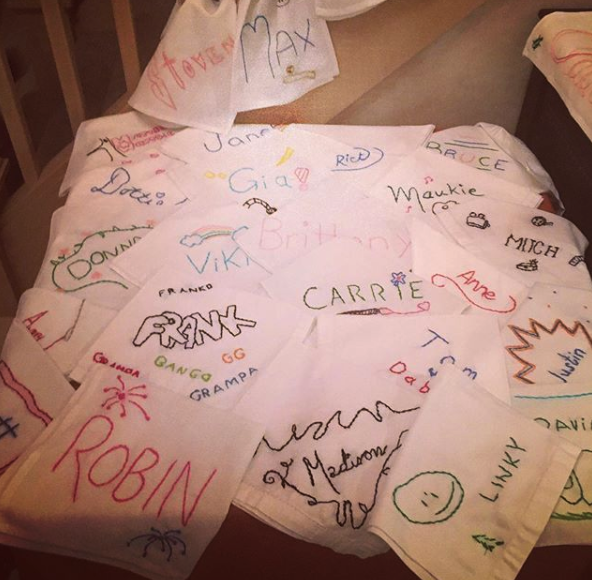
Nothing is so contagious as energy.
Each of us can start a mini epidemic everywhere we go. It all depends on what kind of vibes we choose to bring to the world.
The reason most people seem friendlier to me all the time is because they actually are. For the past twenty years, my playful and relaxed attitude, accentuated and personified through my nametag, rubs off on people. It fills their heads with positive, creative thoughts, which lifts their energy and mood, and they associate those good feelings with me.
And since they have a simple, visual cue like a nametag on which to hang that memory, it really sticks. Then reactivates in each interaction.
Compare that to my life prior to wearing the nametag. In college, my personality tended towards less sociable and more pensive, and people naturally responded to that version of me with less approachability. Again, my energy rubbed off on them too, just in a different way.
Which was the whole reason for wearing a nametag in the first place. I was lonely, and needed to take responsibility for the energy I was bringing to the world.
In short: Wearing a nametag everyday did not cause me and others to perceive reality differently, it actually caused it to be different. That is how human interaction works. Our energy creates energy in those around us, regardless of what kind of energy that is.
We can literally influence the user experience that steers our reality, as long as we have an awareness of our own energy system.
LET ME ASK YA THIS…
What’s your nametag?
* * * *
Scott Ginsberg
That Guy with the Nametag
Author. Speaker. Strategist. Inventor. Filmmaker. Publisher. Songwriter.
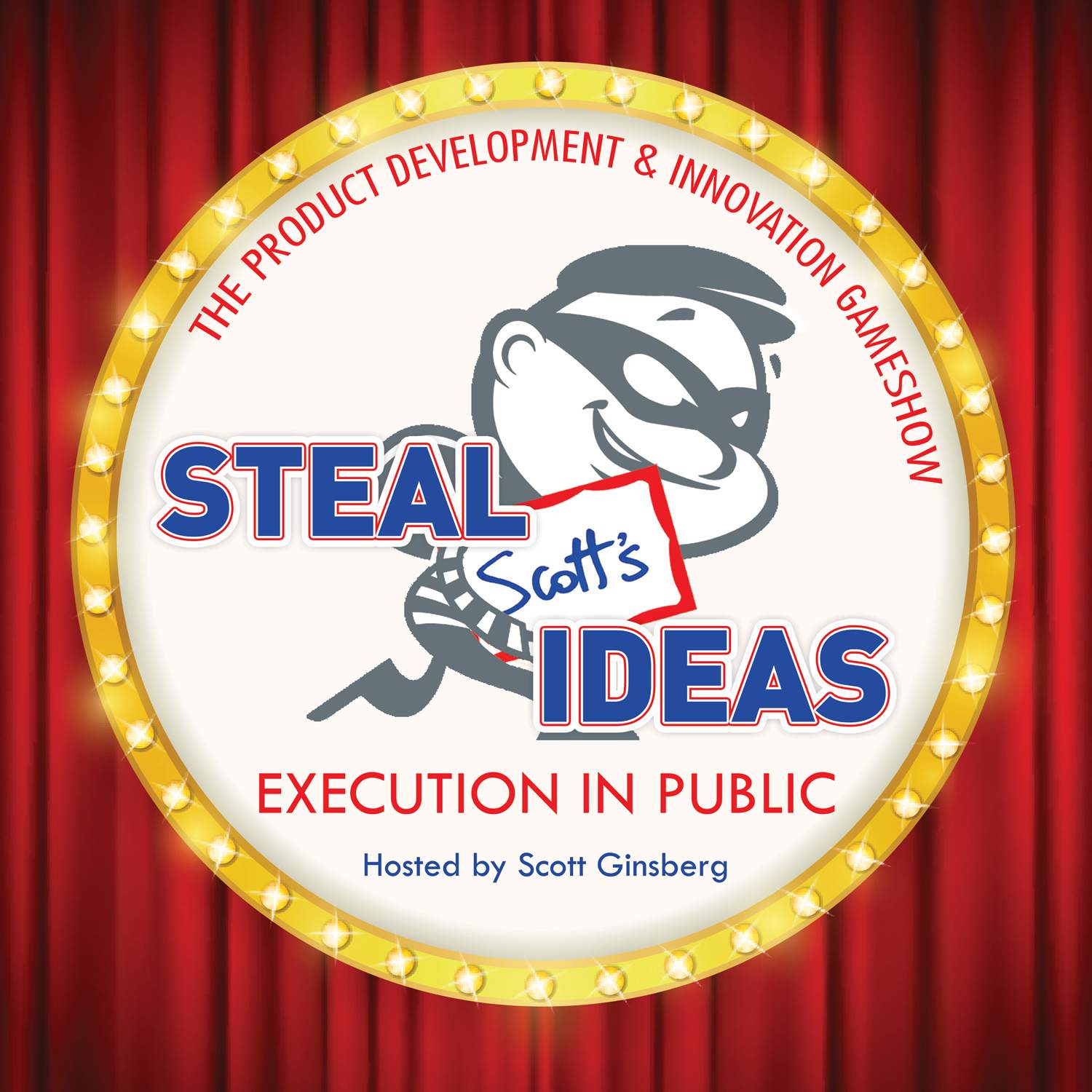 It’s the world’s first, best and only product development and innovation gameshow!
It’s the world’s first, best and only product development and innovation gameshow!
Tune in and subscribe for a little execution in public.
Join our community of innovators, artists and entrepreneurs

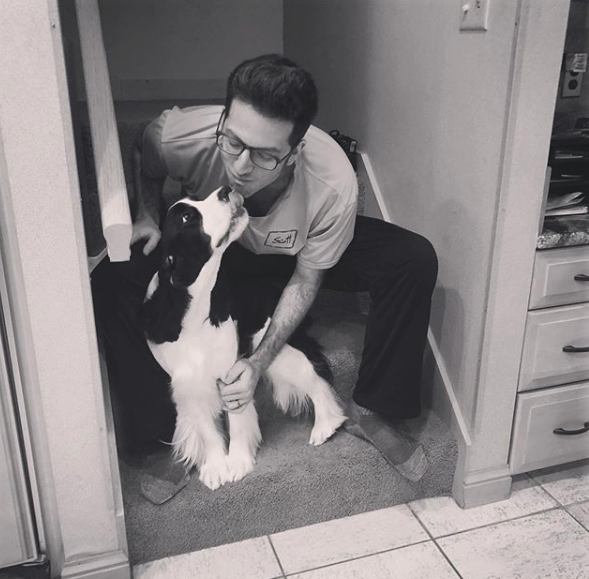
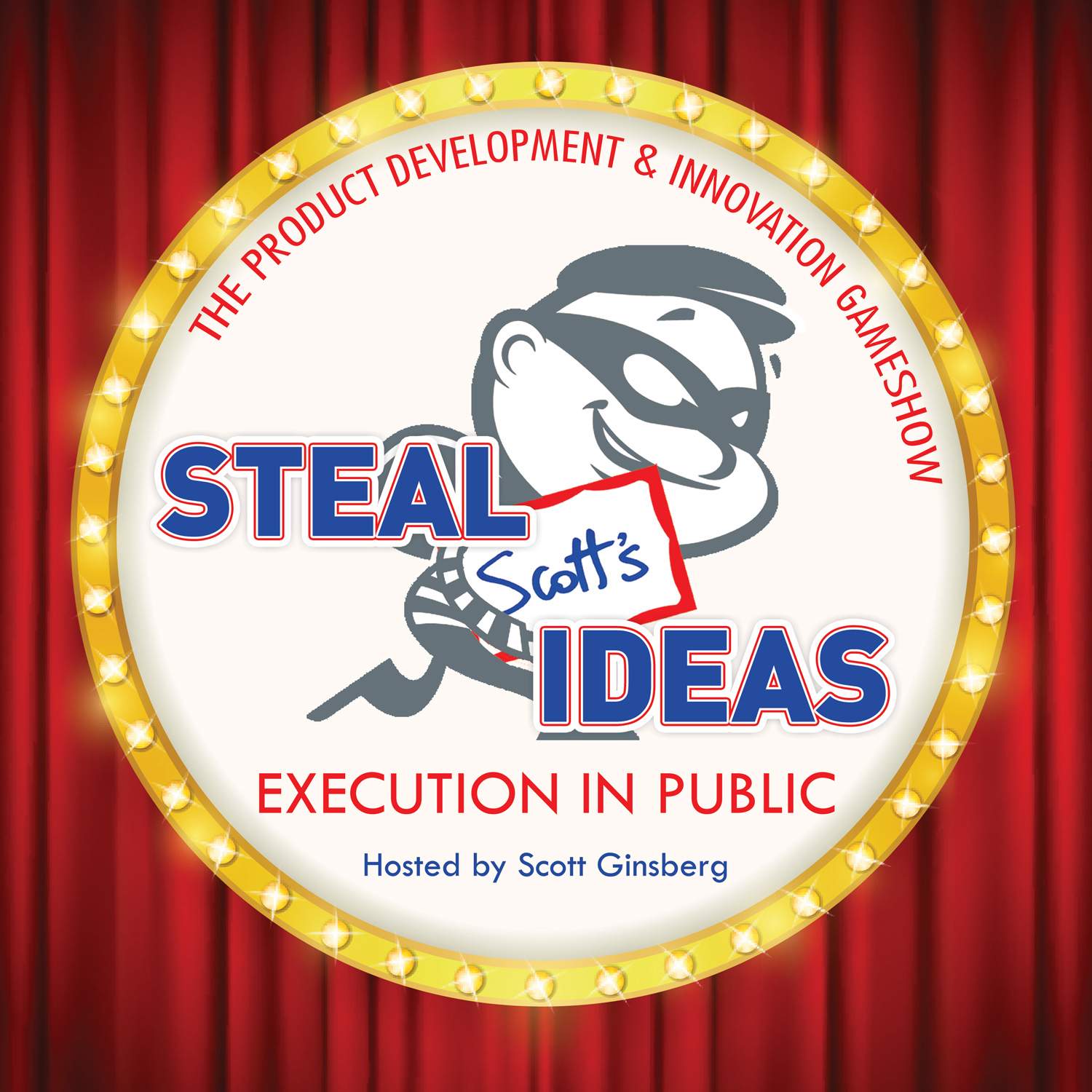 It’s the world’s first, best and only product development and innovation gameshow!
It’s the world’s first, best and only product development and innovation gameshow!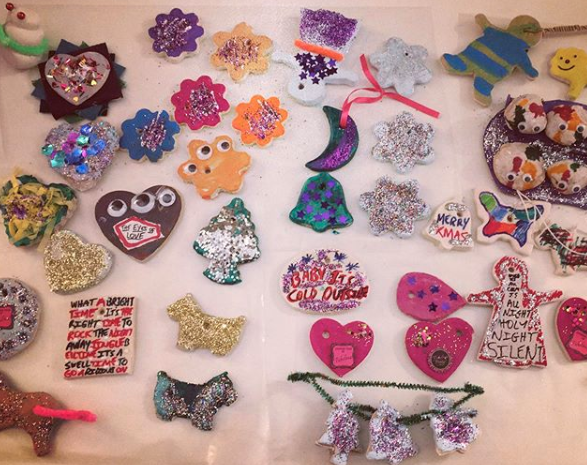
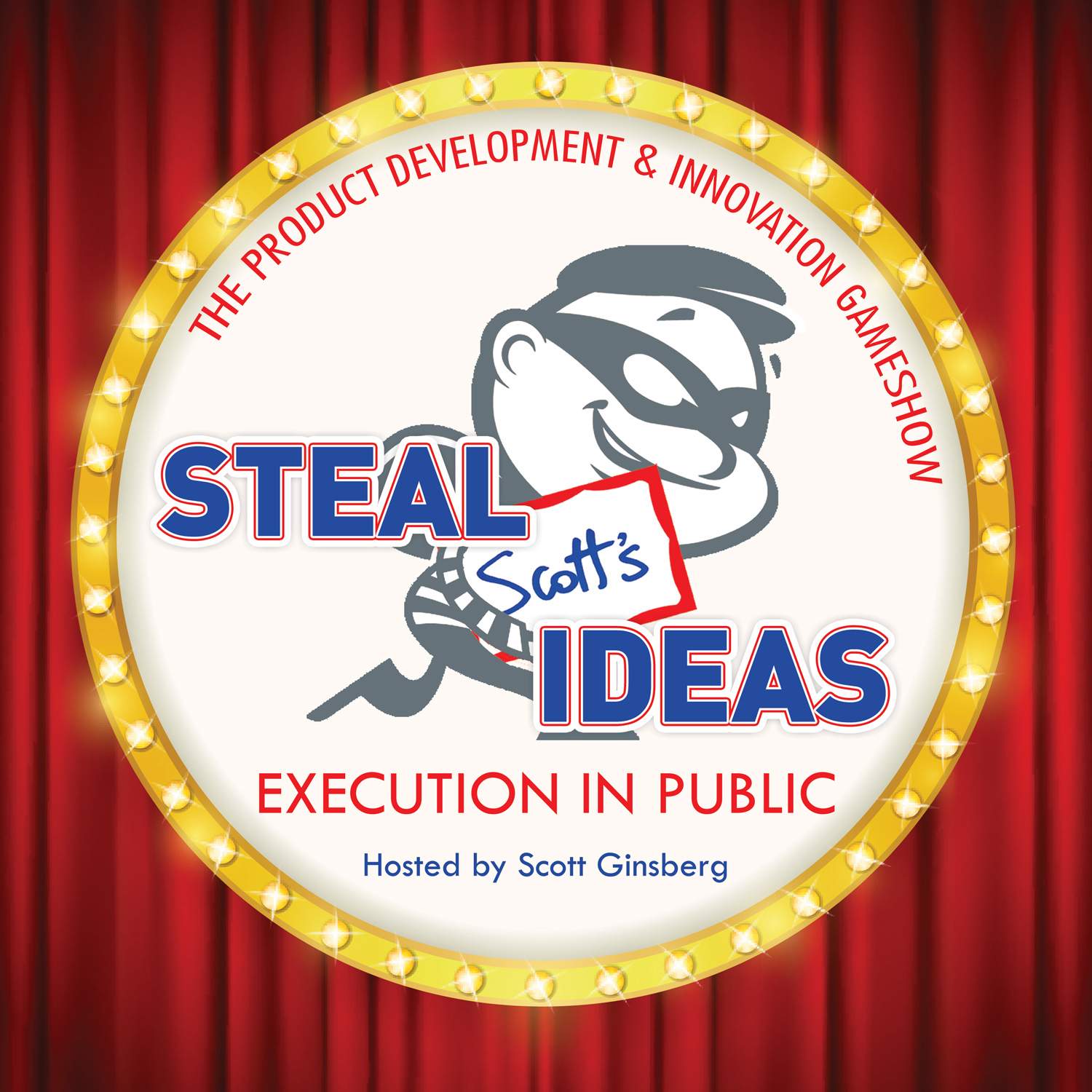 It’s the world’s first, best and only product development and innovation gameshow!
It’s the world’s first, best and only product development and innovation gameshow!
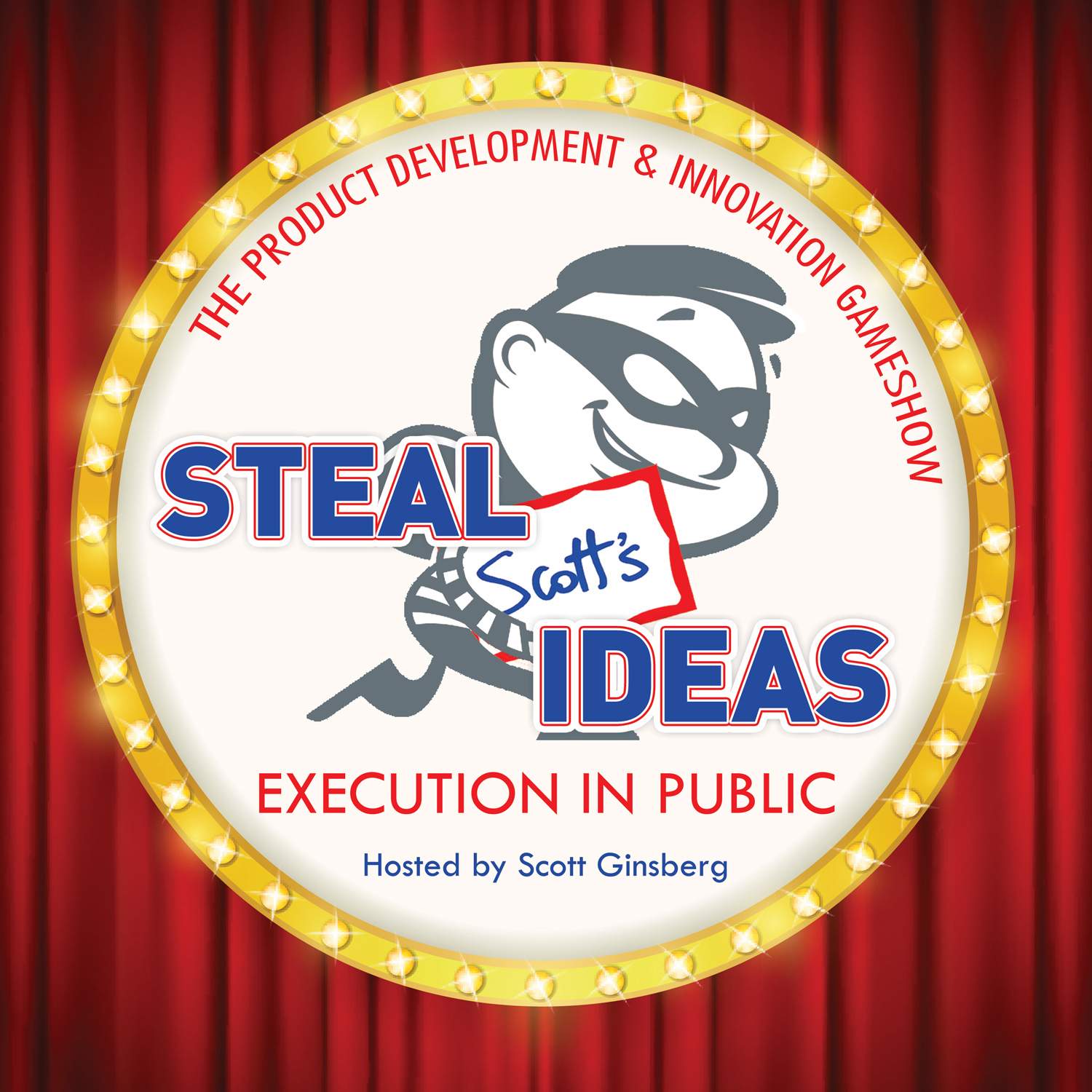 It’s the world’s first, best and only product development and innovation gameshow!
It’s the world’s first, best and only product development and innovation gameshow!
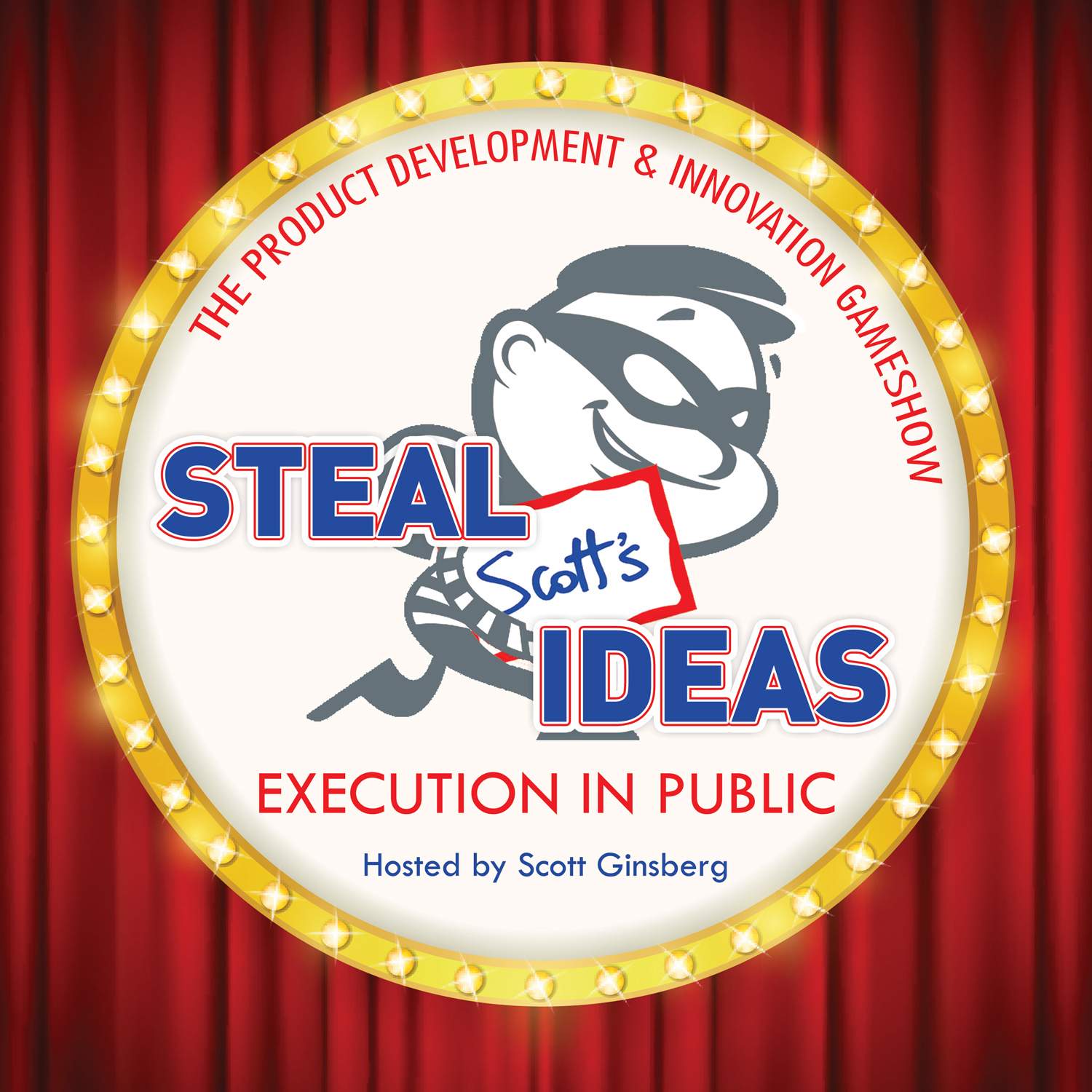 It’s the world’s first, best and only product development and innovation gameshow!
It’s the world’s first, best and only product development and innovation gameshow!
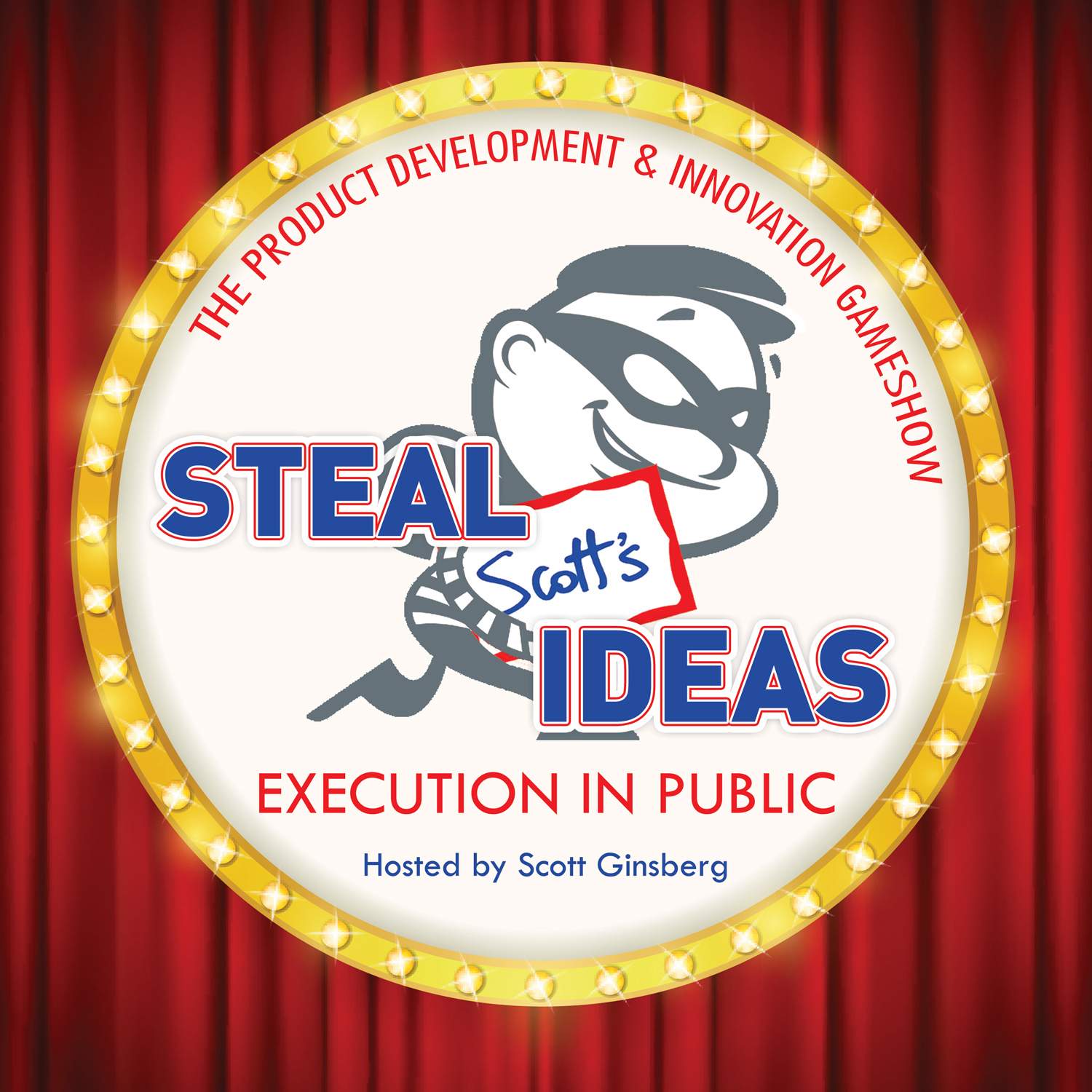 It’s the world’s first, best and only product development and innovation gameshow!
It’s the world’s first, best and only product development and innovation gameshow!
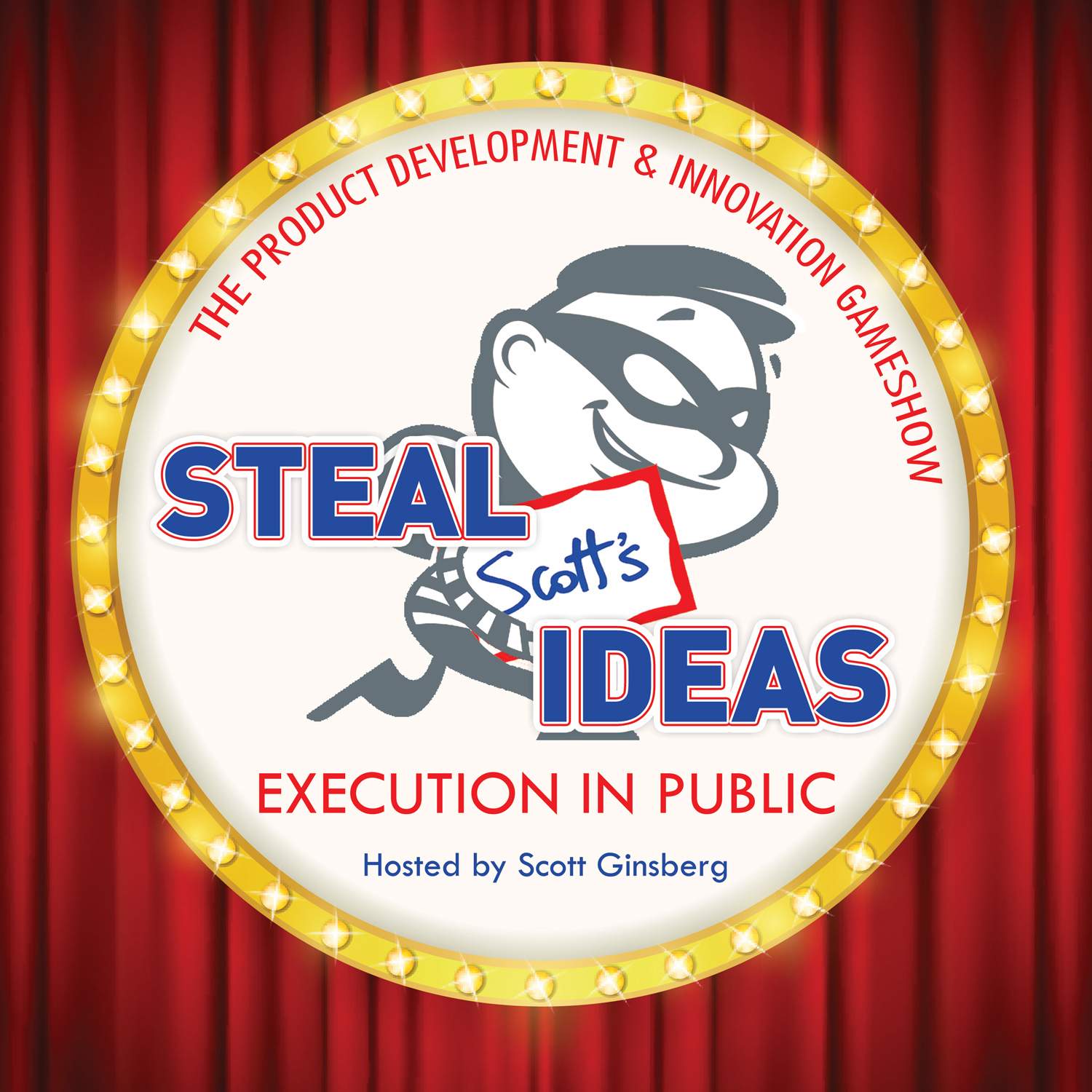 It’s the world’s first, best and only product development and innovation gameshow!
It’s the world’s first, best and only product development and innovation gameshow!
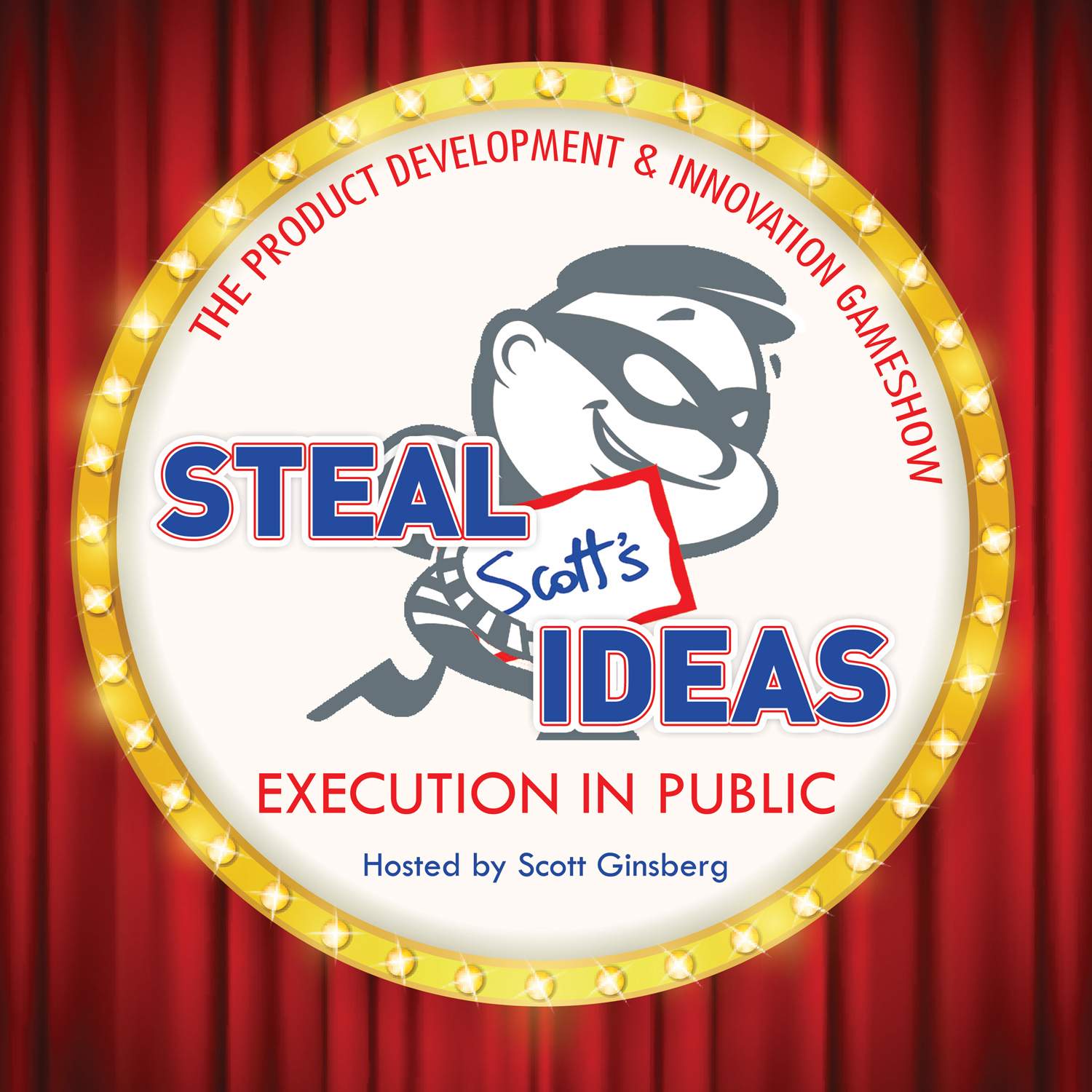 It’s the world’s first, best and only product development and innovation gameshow!
It’s the world’s first, best and only product development and innovation gameshow!
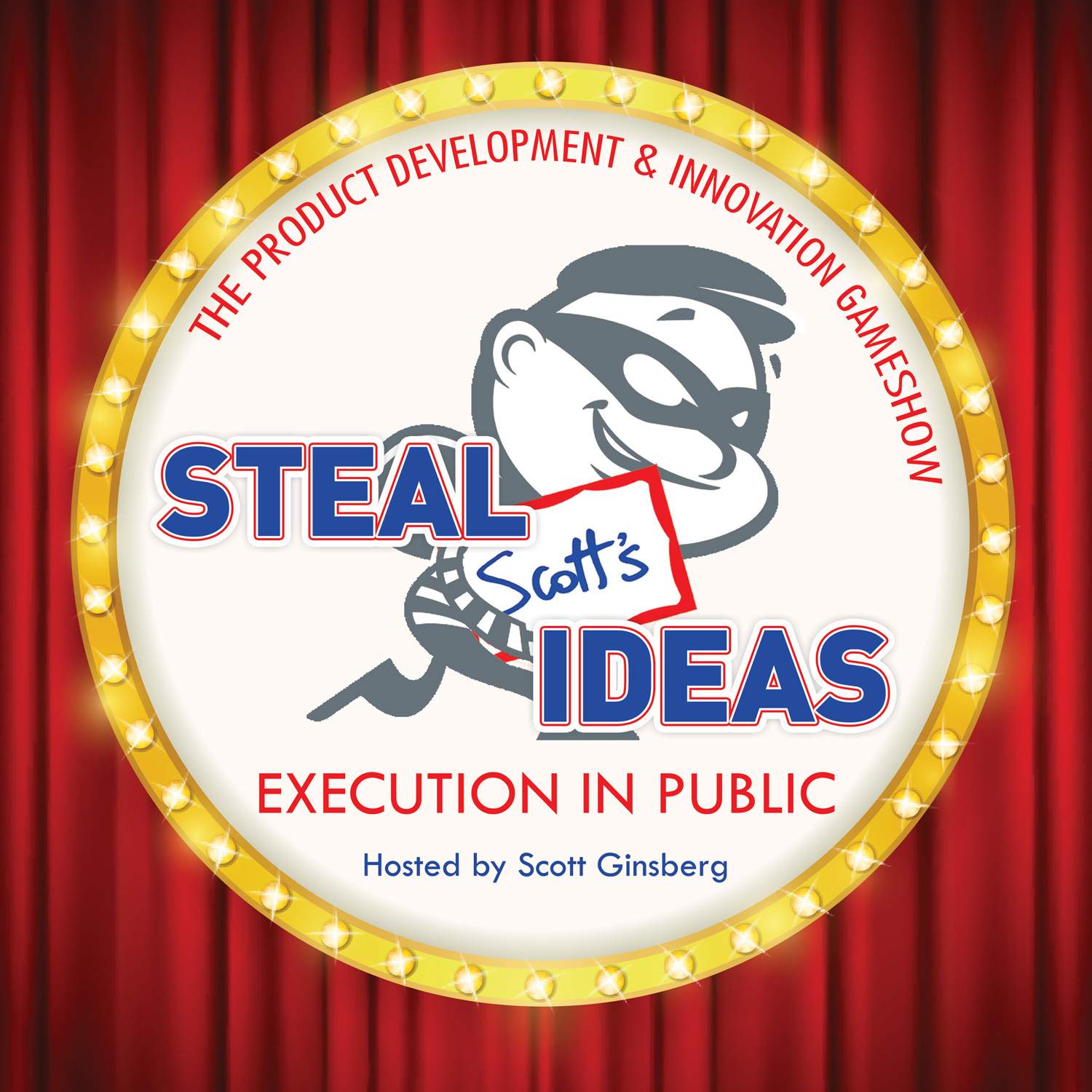 It’s the world’s first, best and only product development and innovation gameshow!
It’s the world’s first, best and only product development and innovation gameshow!
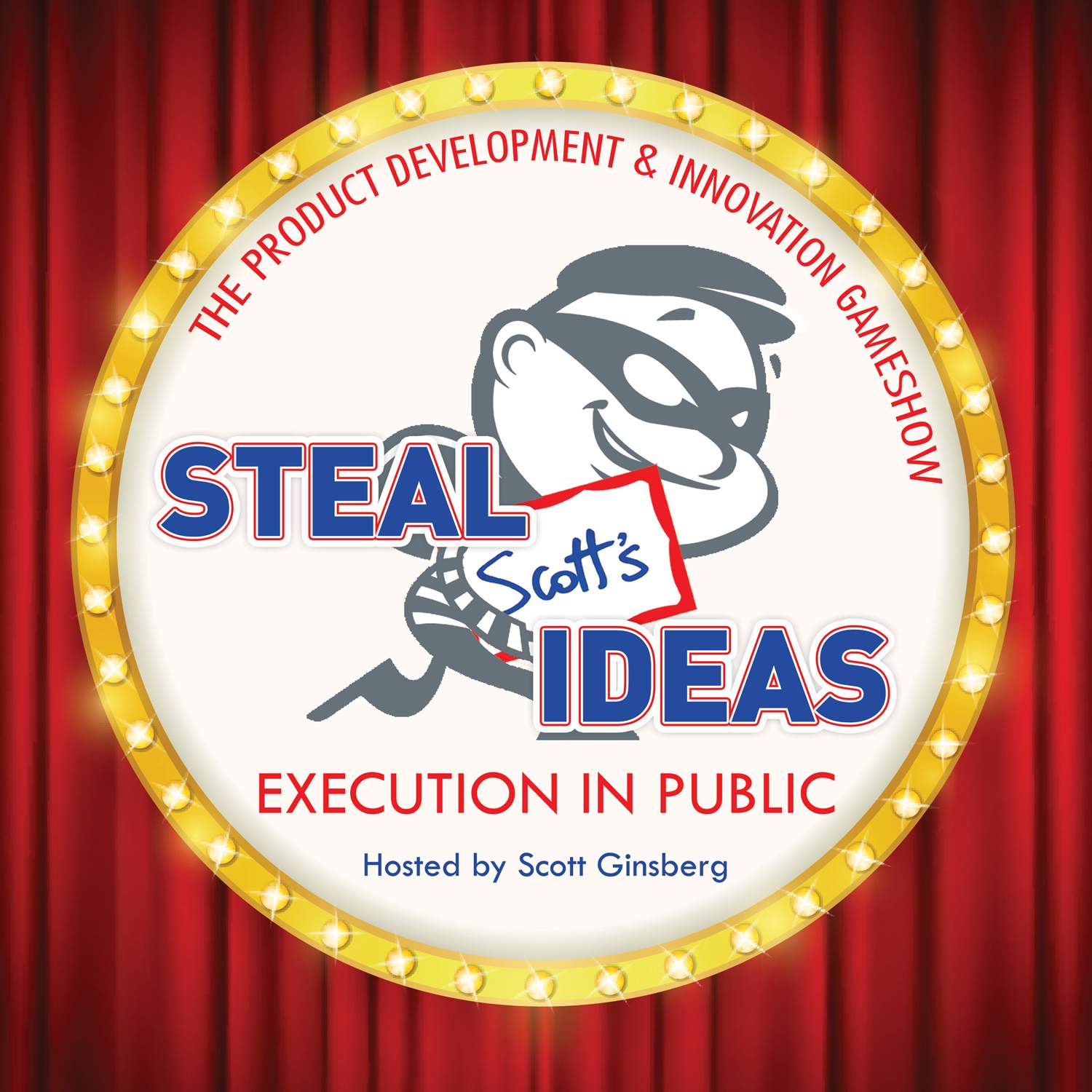 It’s the world’s first, best and only product development and innovation gameshow!
It’s the world’s first, best and only product development and innovation gameshow!